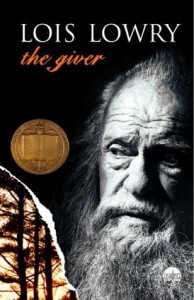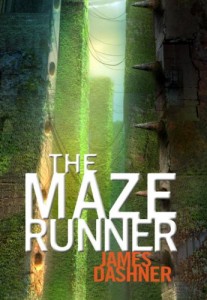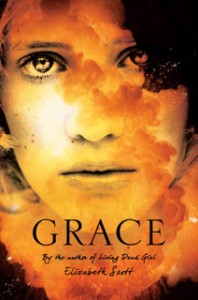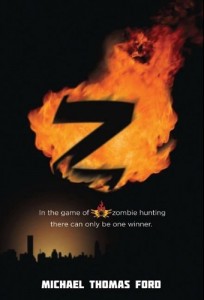HAPPY NEW YEAR EVERYONE!
Well, it’s 2011 in my side of the world, and I know some of you are already there too, while others are still waiting for the clock to strike midnight. But whatever time you get to read this, I hope you are having a splendid 2011 so far.
Now that I am done with my 10 for 2010 lists (and believe me, it was very hard to make those lists – fun, but very hard!), I can rest from choosing among the many, many books I’ve read last year and now focus on…the math. I know, why am I starting my new year with math?! But this is fun math, anyway, and it doesn’t require much complicated stuff, only statistics. :)
So, presenting, my reading stats for 2010:
Total books read: 118
Total pages read: 32,973*
Total print books: 50
Total ebooks: 58
* Includes 558 pages from The Message Bible
Written by male authors: 29*
Written by female authors: 94*
* Books written by a male and a female author (Rachel Cohn & David Levithan, Ilona Andrews) count twice
Reviews written: 114
Ratings:
5 stars – 24
4 stars – 47
3 stars – 33
2 stars – 13
1 star – 1
2010 Challenges Status:
118 out of 100 books read
20 out of 20 fantasy books read (I stopped counting after 20)
3 out of 10 classic books read (6, if you count C.S. Lewis’ books — are they considered as classics already? No? Okay)
TBR Challenge: 2 out of 12
Project 20:10: 16 out of 20
YA-D2: 5 out of 5 (but not all in my initial list was read)
Okay, that is enough numbers, I think. Overall, it is a very good year in reading, despite not having finished all my challenges. I mean, 118 books is already so many books read, and I know I’m not stopping anytime soon.
I know I won’t be doing a quantity challenge again for the 2011, because I think I’ve already proven that I can read a lot. Plus in the end, it’s not really the numbers, anyway, but the quality of books read, right?
I am pretty sure I will try to top my 3 classic books this year and try to make it to 4 or 5. I will also keep on reading as many local fiction possible, not only because I’m Filipino, but because I believe in our literature, and I want to be one of the reasons why Filipinos will keep on writing. I will probably try a genre specific challenge, or at least something that will help me get out of my reading comfort zones.
Like what I said, 2010 has been a great year in reading, and I’m sure a lot of people agree. :) Here’s to a greater reading year in 2011. *cheers*
P.S. I finally moved all my blogs under one domain, so, plugging my personal blog – tinamats.com . Non-book related posts and other life stuff will be here. Do join me every now and then. :)
 P.P.S. Anniversary giveaway is still ongoing up to January 9, so keep the comments coming. :)
P.P.S. Anniversary giveaway is still ongoing up to January 9, so keep the comments coming. :)


 Retro Friday
Retro Friday The Giver by
The Giver by 
 Grace by
Grace by 